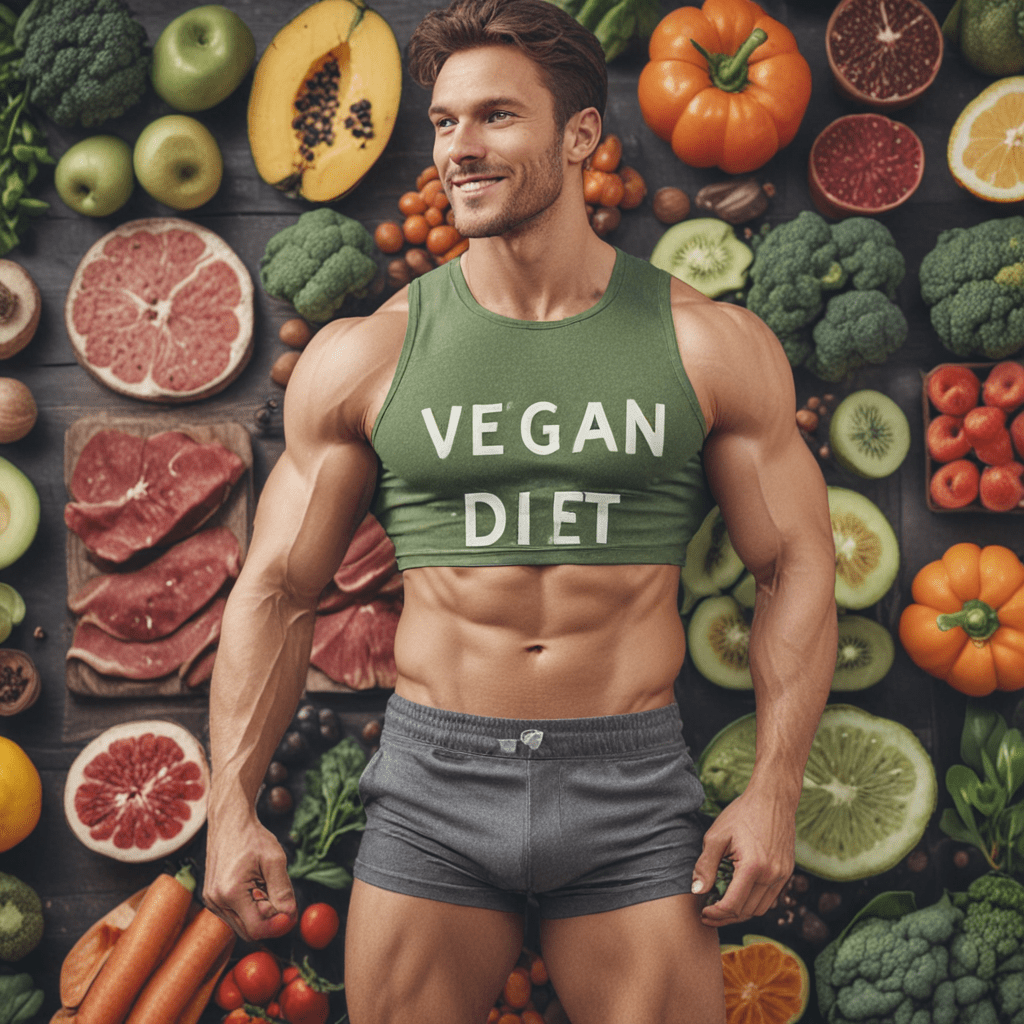
Introduction
Embracing a vegan diet offers numerous health benefits, including supporting liver function and facilitating detoxification processes within the body. A vegan lifestyle excludes all animal products, such as meat, dairy, and eggs, and emphasizes plant-based foods like fruits, vegetables, legumes, and whole grains. This dietary approach can provide an abundance of essential nutrients that contribute to the health and well-being of the liver, a vital organ responsible for detoxification and metabolism.
Supporting Liver Function
The liver plays a crucial role in detoxifying the body by filtering and removing harmful substances. To function optimally, the liver requires a steady supply of specific nutrients. A vegan diet can provide these nutrients in abundance.
Essential Nutrients for Liver Health
Essential nutrients for liver health include:
- Vitamin C: A powerful antioxidant that protects liver cells from damage
- Vitamin E: Another antioxidant that supports liver regeneration and repair
- B vitamins: Particularly B12, which is crucial for liver metabolism
- Iron: Necessary for the production of hemoglobin, which carries oxygen throughout the body
- Zinc: A mineral that supports liver detoxification processes
- Choline: A nutrient that assists in the removal of toxins from the liver
Vegan Sources of Liver-Supporting Nutrients
Vegan sources rich in these liver-supporting nutrients include:
- Vitamin C: Citrus fruits, bell peppers, leafy greens
- Vitamin E: Nuts, seeds, leafy greens
- B vitamins: Legumes, fortified plant milk, leafy greens
- Iron: Beans, lentils, tofu, fortified cereals
- Zinc: Nuts, seeds, legumes
- Choline: Soy products, tofu, tempeh
Detoxification through a Vegan Diet
A vegan diet offers several mechanisms for detoxification, supporting the body's natural cleansing processes.
Protective Antioxidants
Fruits, vegetables, and whole grains are abundant in antioxidants, which help neutralize free radicals and protect liver cells from damage. Antioxidants like vitamins C and E, beta-carotene, and flavonoids contribute to liver health.
Fiber and Detoxification
Dietary fiber, found in plant foods, promotes regular bowel movements, which is essential for eliminating toxins from the body. Fiber binds to toxins in the gut, preventing them from being reabsorbed into the bloodstream.
Phytonutrients and Liver Detoxification
Phytonutrients are plant compounds with various health-promoting properties. Some phytonutrients, such as curcumin, chlorophyll, and sulforaphane, have been shown to support liver detoxification by enhancing enzyme activity and promoting the removal of toxins.
Benefits of a Vegan Diet for Liver Health
Research suggests that a vegan diet offers several benefits for liver health:
Improved Liver Fatty Acid Profile
A vegan diet can reduce the accumulation of unhealthy fats in the liver, a condition known as non-alcoholic fatty liver disease (NAFLD). The high fiber and phytochemical content of vegan foods helps regulate lipid metabolism and promote a healthy liver fatty acid profile.
Reduced Cholesterol Levels
Vegan diets are typically low in saturated fat and cholesterol, which can contribute to high cholesterol levels. A vegan diet can improve blood lipid profiles, reducing the risk of developing fatty liver disease and other liver-related complications.
Anti-Inflammatory Effects
Chronic inflammation is a major risk factor for liver disease. Plant-based diets are rich in anti-inflammatory compounds that help reduce inflammation throughout the body, including in the liver. Antioxidants, phytonutrients, and fiber work together to promote a healthy inflammatory balance.
Practical Tips for Implementing a Liver-Supporting Vegan Diet
To reap the benefits of a vegan diet for liver health, consider these practical tips:
Incorporating Liver-Healthy Foods
Include plenty of fruits, vegetables, legumes, and whole grains in your diet. Focus on consuming foods rich in liver-supporting nutrients, such as citrus fruits, leafy greens, nuts, seeds, and tofu.
Hydration and Detoxification
Stay well-hydrated by drinking plenty of water throughout the day. Adequate hydration supports detoxification processes and helps flush out toxins.
Avoidance of Harmful Substances
Limit alcohol consumption as alcohol can damage liver cells. Avoid processed foods, sugary drinks, and foods high in saturated fat, which can contribute to liver stress.
Conclusion
A vegan diet can be an effective way to support liver function and facilitate detoxification processes within the body. By providing an abundance of essential nutrients, antioxidants, fiber, and phytonutrients, a vegan diet promotes liver health, reduces the risk of fatty liver disease, and supports overall well-being. However, it is always recommended to consult with a healthcare professional before making significant dietary changes to ensure they are right for your individual needs.
FAQ
Q: Can a vegan diet reverse liver damage?
A: While a vegan diet can support liver health, its ability to reverse existing liver damage depends on the severity and underlying cause of the damage. Consulting with a healthcare professional is essential for personalized advice and treatment options.
Q: Is a vegan diet suitable for everyone?
A: A vegan diet may not be appropriate for everyone, especially those with certain underlying health conditions. Consulting with a healthcare professional or registered dietitian is recommended to assess individual needs and ensure a balanced and nutritious diet.
Q: How long does it take to see the benefits of a vegan diet on liver health?
A: The timeline for experiencing benefits can vary depending on individual factors. However, adopting a healthy vegan diet along with other lifestyle changes, such as hydration and exercise, can contribute to gradual improvements in liver health over time.

